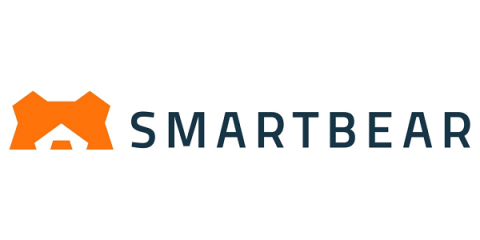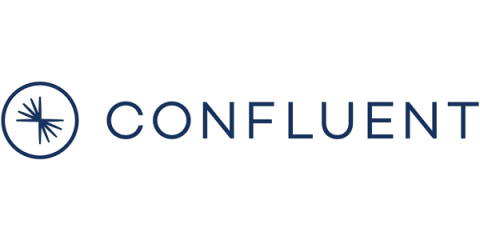SmartBear Boosts Testing Efficiency and Software Quality with Integrated Load Testing in TestComplete
SmartBear delivers streamlined testing workflows with LoadNinja - TestComplete integration, while also launching secure, scalable AI-powered data generation.











